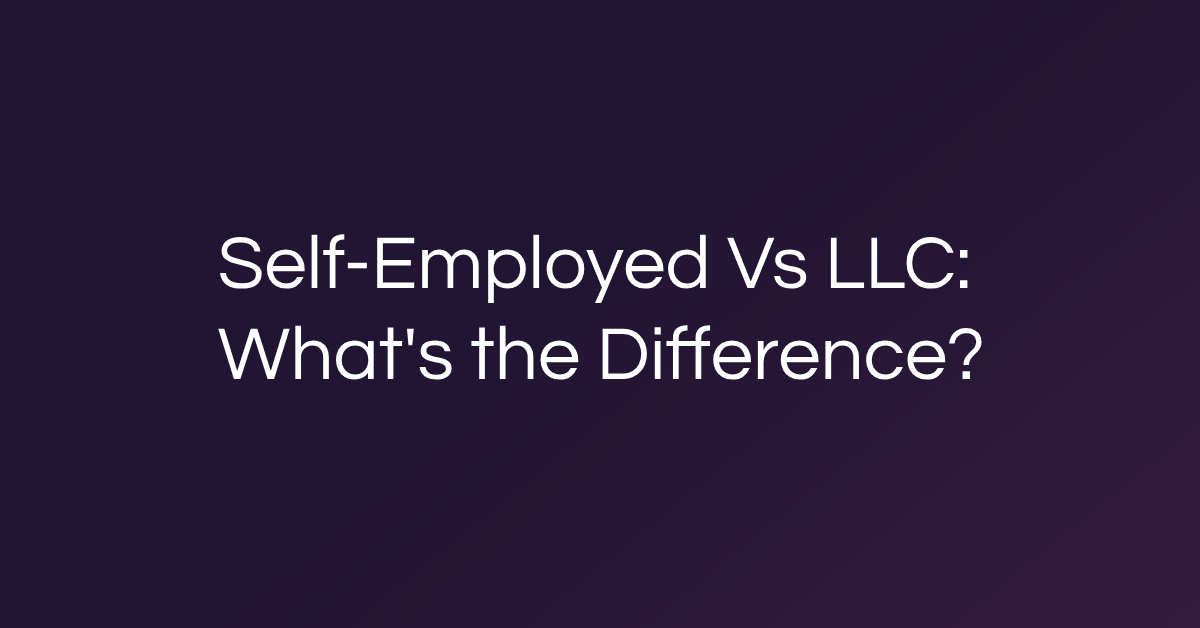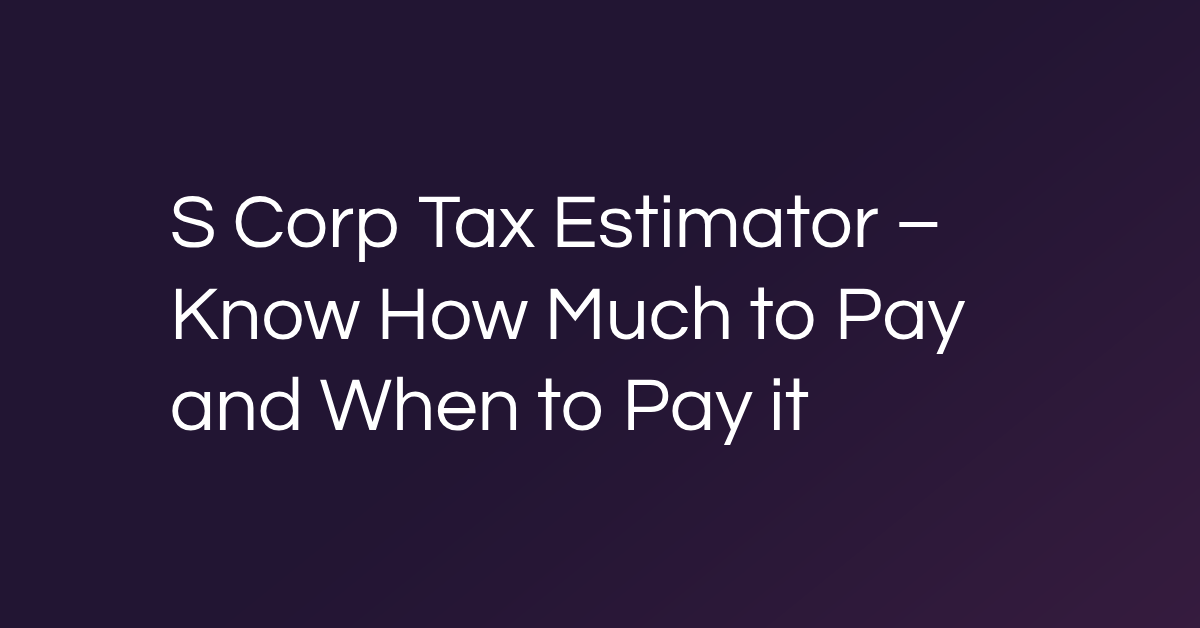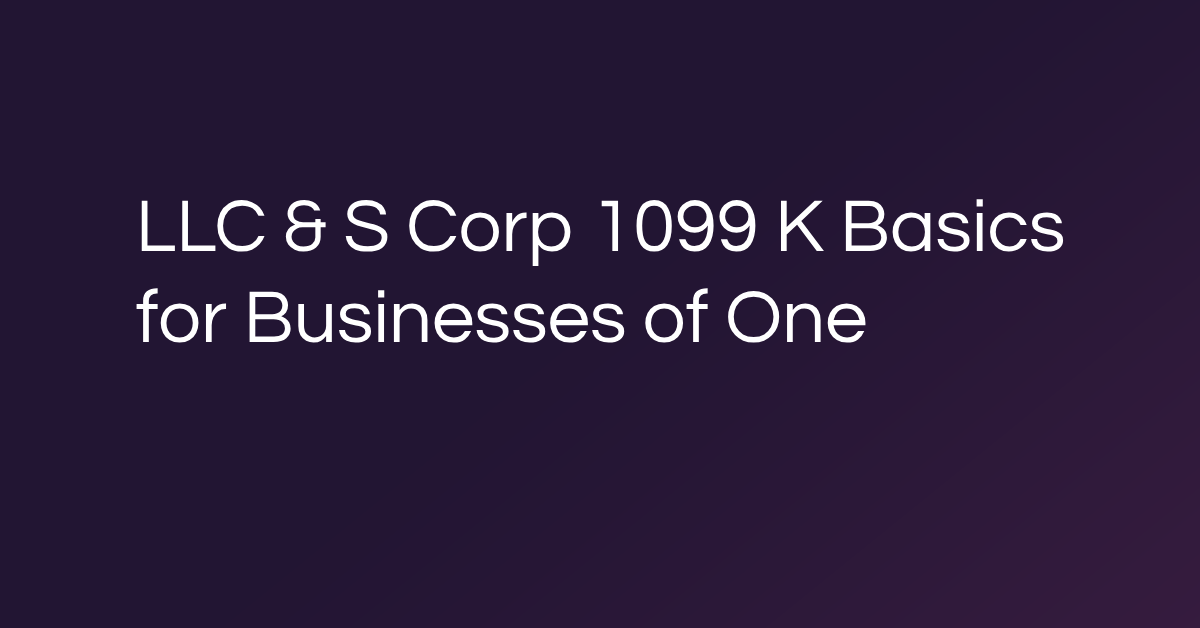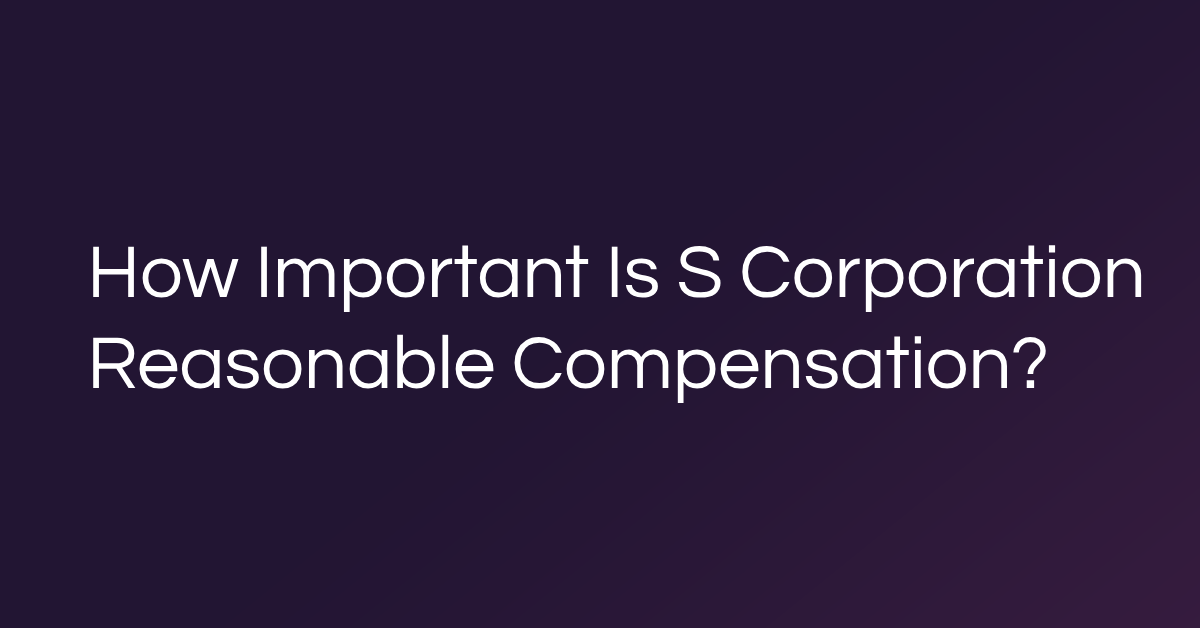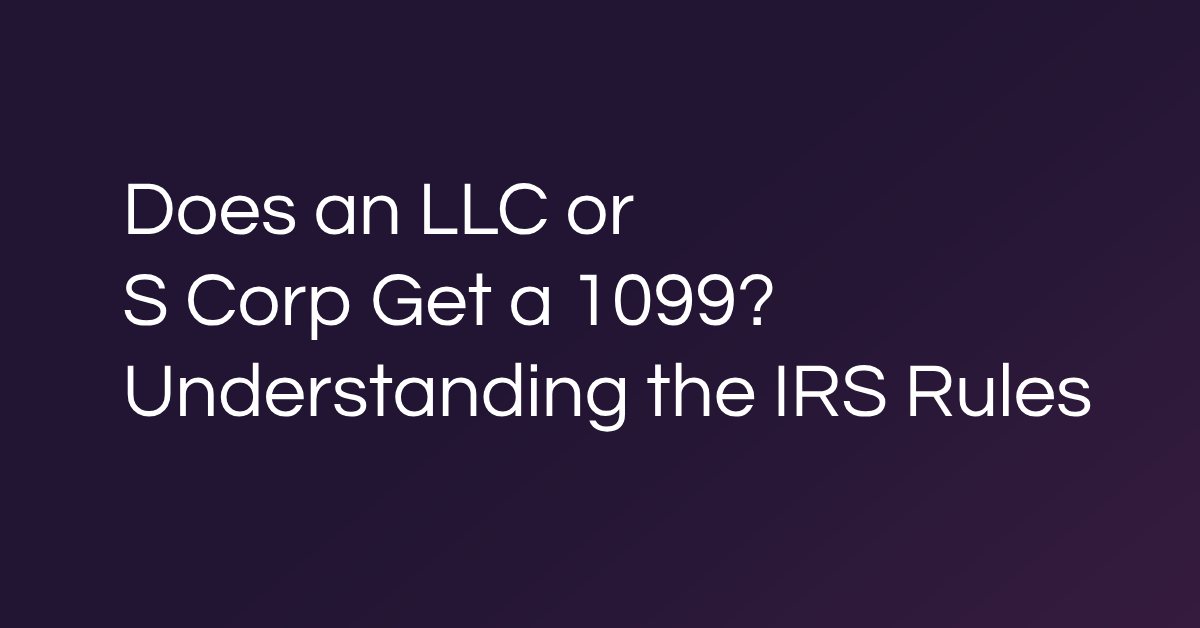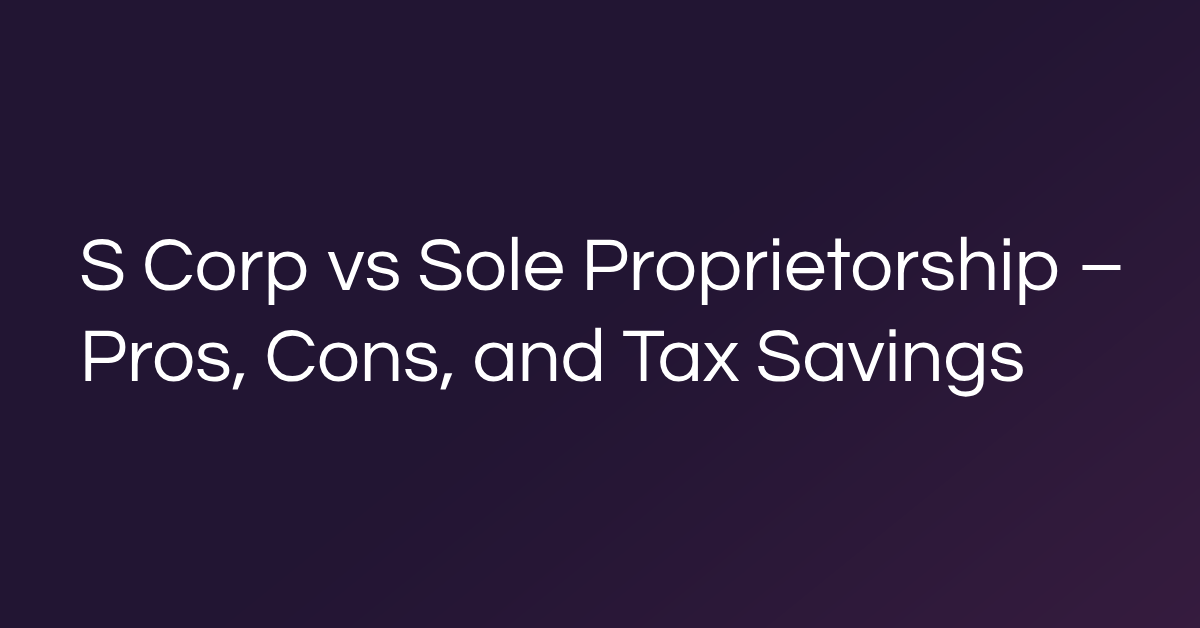Whether you are doing some side hustle work or actively starting your business of one full time, your business structure might not be at the front of your mind. However, as you take on more projects and earn more income, how you structure your business directly affects your protection, taxes, and growth potential.
Understanding self-employed vs LLC will help bring clarity along the journey. An LLC doesn’t just make you look more professional—it helps shield your assets, expand your tax options, and support long-term goals Learn the differences and discover what makes an LLC the smarter move for solopreneurs & independents ready to treat their work like a real business.
Understanding self-employment and LLCs
All fractionals, contractors, freelancers and consultants operate as self-employed by default—often without realizing what that means. If you’ve never registered a business or formed a legal entity, the government classifies you as a sole proprietor. While this setup is simple, it also exposes you to personal risk and limits how seriously others take your business.
By contrast, forming a limited liability company (LLC) creates a legal separation between you and your business. An LLC gives your operation a formal identity, making it easier to open accounts, sign contracts, and establish legitimacy with clients and banks.
Here’s how the two compare:
- Self-employed (sole proprietorship) without a formal entity, you report your business income under your name, and you’re personally liable for debts
- LLC is a separate legal structure that protects personal assets, allows for flexible tax treatment, and signals professionalism to clients — you are still self-employed but you have protections.
Many solos assume that branding, invoicing, or using a business name means they’ve “set up” their business. But unless you’ve filed legal paperwork, you’re still personally tied to every contract and expense.
The IRS defines business structures based on legal formation, not how you market yourself. When you form an LLC with Besolo, you get the foundation and tools to run your business with clarity and protection.
Comparing liability protection
One of the most significant differences between being self-employed and forming an LLC is how you are exposed to risk. Without legal separation, you carry the full burden of anything that goes wrong.
- Sole proprietors are personally liable for business debts, lawsuits, or contract disputes. If someone sues your business, your savings, home, or other assets could be at risk.
- LLCs create a legal wall between you and your business. This limited liability protection shields your personal assets from business-related claims.
That distinction matters. If a freelance web developer accidentally violates a licensing agreement or someone accuses a consultant of negligence, a single-member LLC helps contain the damage to the business itself.
Some states also allow additional asset protections within LLCs, such as charging order protection, which further separates personal exposure from business liability.
Tax considerations and flexibility
Sole proprietors report all business income on their tax return using Schedule C. This income is subject to both income tax and the full 15.3% self-employment tax.
LLCs offer more flexibility. By default, the IRS taxes a single-member LLC like a sole proprietorship—but you can also elect S Corporation status, which may reduce self-employment tax on a portion of your income.
When you have an LLC, it’s easier to separate business and personal finances. This structure makes tracking expenses, claiming deductions, and preparing for audits more straightforward.
The right election depends on your income, profit margin, and how you pay yourself. Besolo’s tax tools help you explore the options, stay compliant, and maximize your deductions.
Choosing the proper tax setup could put thousands of dollars back into your business.
Transitioning from self-employed to LLC
Switching from sole proprietorship to LLC status is a smart step toward protecting your business and unlocking new advantages. With the right guidance, the process is straightforward and easier.
Key steps to form your LLC
You’ll need to complete a few basic requirements:
- File formation documents with your state (usually called Articles of Organization)
- Register your business with the appropriate agency
- Get an EIN (Employer Identification Number) from the IRS
- Create an operating agreement that outlines ownership and responsibilities (required in some states)
Most solos can complete this process in a few hours. Costs vary by state but typically range from $50 to $300.
Timing and compliance
LLC formation is effective once the state approves your filing. You may also need to apply for state or local business licenses depending on your industry.
From there, you’ll need to maintain good standing by filing annual reports and staying up to date with tax filings.
Besolo turns a complicated process into a seamless one, helping you form your LLC, stay compliant, and run your business with clarity and confidence. The Self-Employment OS provides everything you need to operate professionally from day one.
Supporting growth and credibility with an LLC
An LLC doesn’t just protect your assets—it also strengthens how the world sees your business and helps you operate like a true professional from day one. Clients, lenders, and partners take you more seriously when your operation has a formal legal structure. In many cases, you may even need an LLC to qualify for contracts or open a business bank account.
If you plan to scale, hire, or bring in collaborators, an LLC gives you room to grow. It’s easier to set up payroll, grant ownership stakes, and formalize roles.
As your income increases, you can take things further by electing S Corporation status, giving you even more control over how you pay yourself and what you owe in taxes. LLCs and S corporations share common features, but the right structure depends on your revenue, operations, and goals. Besolo can help with both!
Don’t build a business without a safety net
Choosing the right structure is a growth strategy. Staying self-employed might feel simpler, but it leaves you exposed and limits your options.
An LLC gives you protection, tax flexibility, and credibility that can transform how you operate and how others perceive your business. It’s the foundation for building systems, hiring support, and turning side gigs into a serious venture.
Besolo helps solo business owners form their LLC, manage compliance, and unlock long-term tax advantages—all in one platform.
Get started today and build your business on a firmer foundation.

